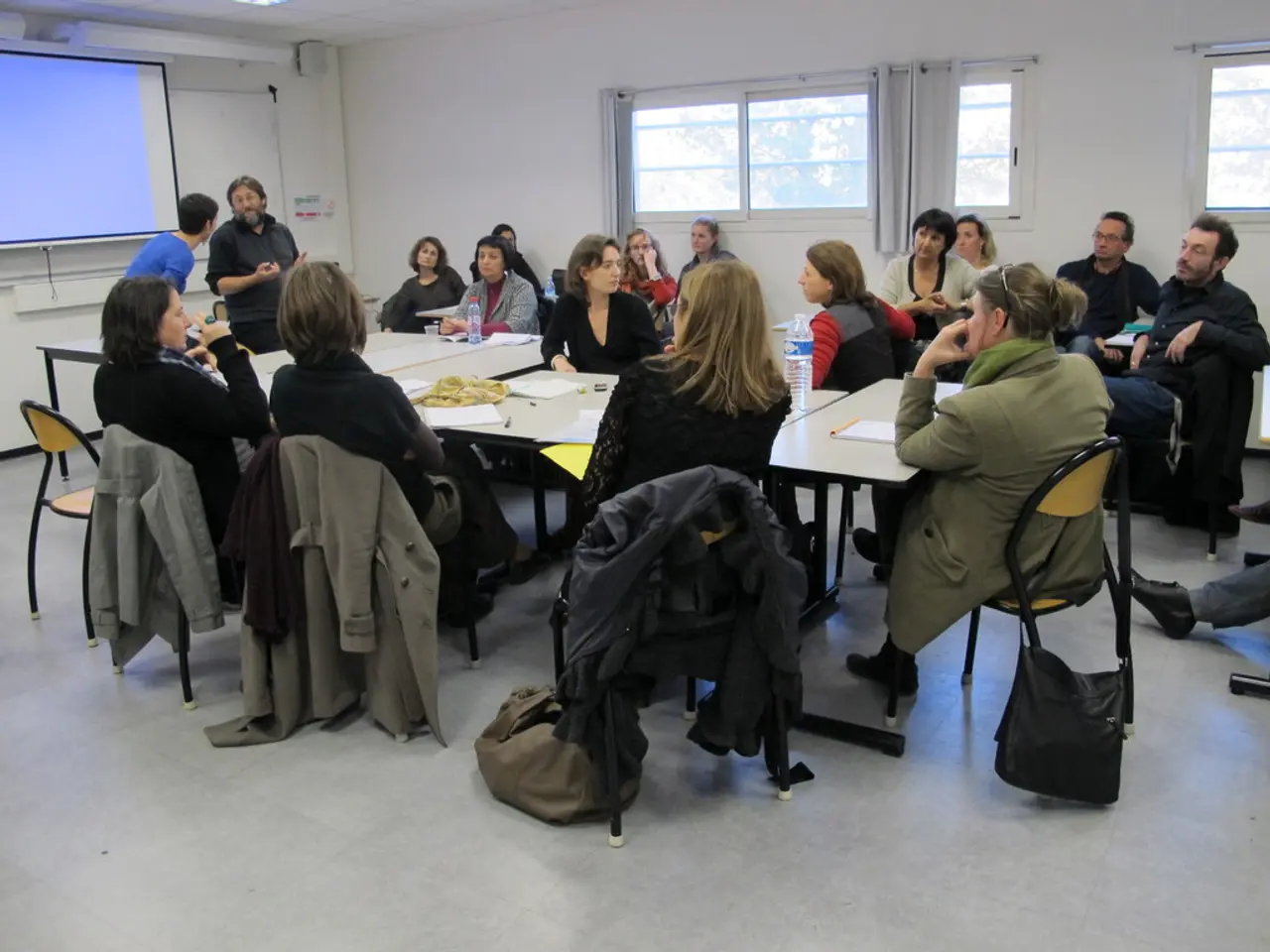Strategies for Dealing with Subtle Offenses in Romantic Partnerships
In intimate relationships, trust and vulnerability are essential. However, subtle, often unintentional comments or behaviors that show disrespect, bias, or dismissiveness towards aspects of your identity can disrupt these foundations. These microaggressions, which can take forms targeting gender, race, or other aspects of identity, can be especially hurtful due to the expected trust in romantic partnerships.
To identify and address microaggressions in romantic relationships, it's crucial to recognise these subtle, often unconscious behaviors. They may appear as micro-invalidations, dismissing or undermining your experiences; micro-insults, backhanded compliments or subtle put-downs reinforcing stereotypes; or micro-assaults, overt slights or derogatory jokes.
Practical tools and strategies for dealing with microaggressions in romantic partnerships include:
- Increase Awareness and Education Both partners should educate themselves about microaggressions and their impact. Recognizing that these are often unconscious behaviors can help reduce defensiveness.
- Open, Calm Communication When a microaggression occurs, calmly share how it made you feel without accusing, using “I” statements like, “I felt dismissed when you said…” This can open dialogue rather than trigger defensiveness.
- Set Clear Boundaries Define what types of comments or behaviors are unacceptable to you. This helps partners understand the impact of their actions and respect your limits.
- Seek Mutual Understanding Encourage partners to listen actively and validate your experiences rather than minimizing or invalidating them. Acknowledge intent vs. impact; even unintentional comments can cause harm.
- Couples Therapy or Counseling Professional guidance can help couples identify patterns of microaggressions, improve communication, and develop empathy.
- Reflect and Self-Examine Both partners should reflect on their biases and how social conditioning contributes to microaggressions, fostering personal growth and reducing recurrence.
By fostering an environment of respect, empathy, and continuous learning, couples can effectively identify, address, and reduce microaggressions in their relationships, leading to healthier and more supportive partnerships.
It's important to remember that healing from microaggressions takes time and effort, and your partner will need to take accountability. Practicing assertiveness honors your feelings and needs. You don't need to minimize what you're feeling for the sake of harmony in your relationship.
Assertiveness isn't aggression; it's respectful honesty when addressing microaggressions. For instance, you might say, “I appreciate your perspective, but I don't like jokes about my identity. They hurt me, even if you think they're lighthearted.”
In some cases, couples therapy might help if a partner refuses to change the negative behavior or refuses to accept responsibility for the continued use of microaggressions. A therapist can mediate and teach skills to improve communication.
Learning to recognise and name microaggressions involves paying attention to emotional responses, tuning into the body, thinking about context, reflecting on patterns, challenging oneself with questions, and watching for lingering effects.
Ultimately, prioritising your own well-being is essential. You might need to ask for some alone time after a difficult conversation to process what happened. Remember, “I'm prioritizing my own well-being, so I might ask for some alone time after we have a difficult conversation. Please know that I'm not trying to shut you out-I just need some space to process what happened.”
Healing and growing in a relationship requires effort from both parties. By understanding and addressing microaggressions, couples can cultivate a stronger, more supportive bond based on mutual respect and understanding.
- A licensed therapist specializing in couples therapy could help a couple understand and address microaggressions that occur in their relationship, leading to improvements in communication, empathy, and overall emotional health.
- In addition to seeking professional help, understanding the impact of microaggressions and practicing self-awareness are crucial steps for individuals in combating these subtle yet damaging forms of bias and disrespect.
- Engaging in online therapy sessions might be beneficial for couples who struggle with identifying and addressing microaggressions in their relationship, as it provides a safe space for open dialogue on mental health, relationships, and lifestyle.
- To promote mental health and well-being, fostering a lifestyle that prioritizes empathy, active listening, and mutual understanding can help reduce the occurrence and impact of microaggressions in romantic relationships.
- The science of mental health continues to provide insights on the effects of microaggressions, highlighting the need for continuous learning and growth as individuals and partners in cultivating healthier, more supportive relationships that respect each other's identity and lived experiences.




